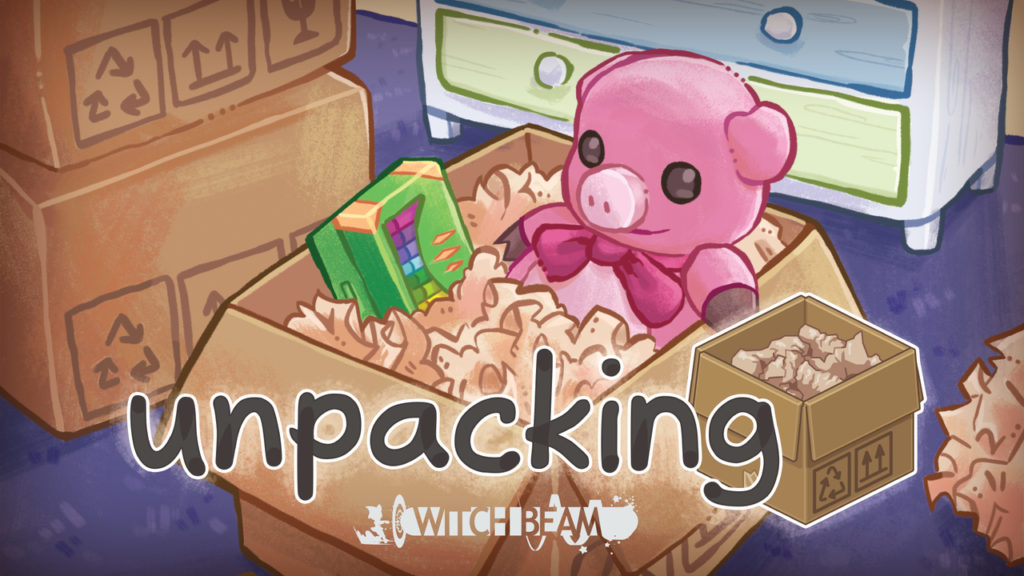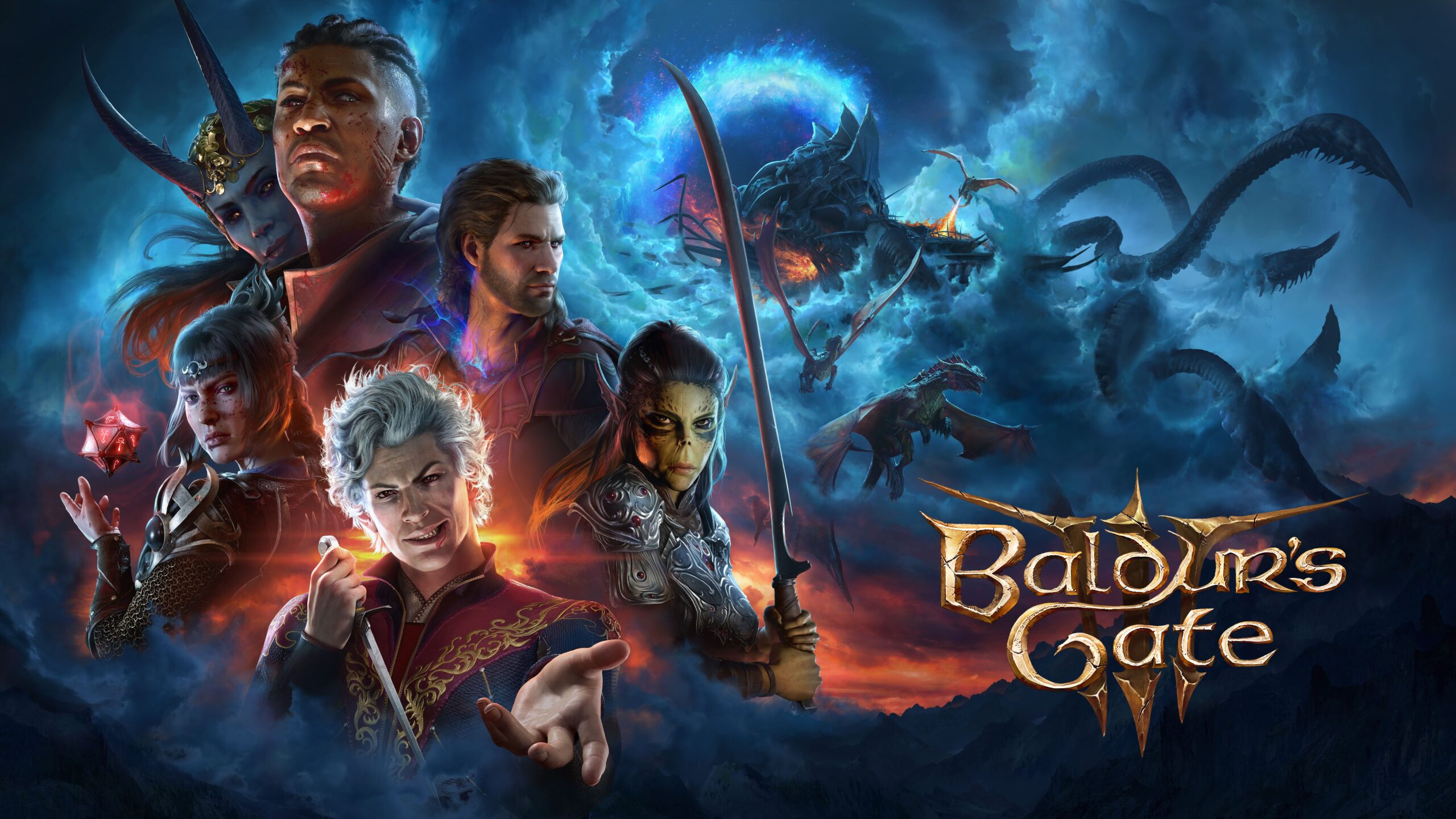
Provided by Witch Beam
Unpacking: Examining Queer Judaism in Transition
Moving sucks. There’s a bleakness to condensing your life, all the time you’ve spent in a place you called home, into boxes. Memories and formative experiences get cloaked in bubble wrap as we fruitlessly hope they aren’t damaged in transit, knowing full well they will never be the same. Packing feels like a crime against nature; things are supposed to be taken out of boxes, not put back in them.
There’s a closet full of boxes and suitcases in my house—I consider it a cursed place where luggage demons await my encroaching graduation day. Life looms large and uncertain ahead of me while the packaging seeps out from the closet into the house, a haunting reminder of my inevitable departure from college. I’ve only moved twice before: once into my childhood home and once out of it. The process deeply affected me, my mental health declining with each packed box that went between our old house and our new. Both places felt liminal and unwelcoming; how could a place have such an effect on those who live within it, but not be affected itself?
I refused to fully move in, preferring to take clothes from suitcases over drawers, books from boxes over shelves. One day, my mother got fed up and forced me to do what I dreaded most: unpack. So I folded clothes, delineating drawers along anatomical lines; I stuffed bookshelves, careful to dust off the covers and organize them; I even dedicated an entire section of my closet to storing my ridiculously vast game collection. Every item I stowed away imparted some of myself into the room, molding it from a barren wasteland into a dwelling. It became my room.

Unpacking was a deeply therapeutic and necessary step into my acceptance of the massive change that is moving, and it seems the developers at Witch Beam have gone through something similar. Unpacking is a zen puzzle game where players inhabit an unnamed character during instances where she’s moved out of one home into another, turning points that are generally skimmed over by media but feel massively important in the moment.
Without a single line of dialogue, we follow her from childhood to parenthood, making stops at college, rickety first apartments, and shared homes along the way. We see her grow as an artist—paintings on the wall morph from crayon scribbles to detailed animal friends—and a person. Likewise, her housemates are defined by what they own and how they allow our character to move into the shared space. One especially poignant level sees us move into the black and white apartment of a male partner who provides little to no space to place anything she owns. Her diploma goes under the bed.

You control the entire unpacking process, while all the other stressors of moving—such as packing and the actual moving from place to place—are taken care of offscreen. The game is endlessly charming, as calming music matches with zen gameplay that allows us to (save a few specific instances) place items where we feel they fit best. When every box has been unpacked, the game will provide a slight nudge for items placed a little bit too far outside the realm of possibility to be relocated—”there’s no reason to put your computer in the sink”—but once they are in the “area of correctness,” you’re rewarded with a gold star.
What struck me most over the game’s short narrative was the way it subtly wove a tale of our character as a queer Jewish woman. While queer representation in gaming has risen, in large part thanks to indie developers like Witch Beam, it’s rare I ever find a game that represents Judaism. The religion is relatively small (about 0.2% of the world’s population) and often misunderstood by both those within and outside of the community. The only other game in recent memory I can think of that had Jewish character was Dina in The Last of Us: Part II.
In Unpacking, we never see our character practice Judaism; there’s no references to going to shul weekly or observing Shabbat or the high holidays. We don’t see her having to explain why matzoh is bland or how challah makes the best french toast, these formative cultural norms we don’t often talk about but all share. Nor do we see her having to explain why Jews didn’t kill Jesus or deal with yearly Holocaust education drudging up more anti-semitic jokes. We don’t see the hate, but we also don’t see the love; we only see the objects.

The first level has us unpack a dreidel, a spinning top that’s a favorite game among kids during Hanukkah. We unpack menorahs, hang hamasas on the wall and mezuzahs in the door frames; without a single word the game tells us that this character is culturally Jewish. She may not practice weekly, she may have distanced herself in college and found it again later, but none of these specifics matter because Judaism is a cornerstone of her identity. From childhood to adulthood to parenthood, she carries her religion with her, transforming it from a burden into a blessing.
Unpacking presents queerness in the same way, providing little breadcrumbs within each vignette. Matching shampoo appears in the bathroom as bamboo steamers sneak their way into our once solitary boxes. Packing for one becomes packing for two, and suddenly we are stocking double the undergarments. There’s no coming out of the closet, no internal debate, no discrimination; we simply know the character has found the love of their life.
As a queer Jew, it pains me that I do not know any others like myself. That the most vocal sects of my religion would happily denounce my lifestyle choices and try to take away my happiness. This is not a community at large that understands bisexuality, let alone genderqueerness and the issues of gender dysphoria. My preferred presentation and identity fluctuate daily, so thinking far ahead into the future about a family—about what religion my children would be—seems futile. And that hurts. Although I don’t exactly practice Judaism anymore, it has molded me into the person I am. My time in Hebrew school, my conversations with the Rabbi, and the nights spent lighting the menorah with my family are foundational to who I am.

It often can feel like a battle to reconcile these dueling identities of queerness and Judaism, but the character in Unpacking has it figured out. She’s confident enough by the end of the game to place Jewish markings all around the house that her wife and child also live in, desiring these two to know a part of her life they may never fully understand. While she doesn’t allow Judaism to define her, the symbols become a part of her identity, sharing equal space with descriptors such as artist, gamer, and mother. She can happily be queer AND Jewish, bucking the terrifying or that looms tall in front of me and other young queer Jews.
This character may not have a name, she may not say a single word, and we may only see the back of her head, but her very existence comforts me. She’s lived life, coming out the other side scathed but stronger for it, confident in her identity and existence because she deserves to be happy. She deserves success, she deserves love, happiness, a family that she can call her own in a house she owns. By that logic, I should deserve the exact same things.
The only thing I know for certain about the future is that I will have to move. I will have to face the demons of the luggage closet and close this chapter of my life to start living the next. But this time, I understand that all the chipped paint, all the holes in the wall, all the scrapes of the once pristine wooden floor, those are signs that I was here. To quote what someone who lived in my room long ago sketched on the wall above my desk, “No moment will ever feel like right now.”
I do not know who or where I will be when the sun rises tomorrow, or next month, or next year. What job I will have, what city I will live in, or what friends will be by my side. Wispy and diaphanous plans create tentative paths in front of me that are ready to evaporate at a moment’s notice. But time ticks forward and I must put one foot in front of the other, hoping they land on solid ground. I do not know how everything turns out, but one day I will. I’ll look back and see a straight line where there once were zags and curves, a direct connection from the person I was to the person I became.






Yes yes yes a thousand times YES! A youtuber I love recently played this game and when she pulled out the Hamsa, that’s when I knew it was 100% a Jewish character. I myself being a queer Jewish woman saw myself for the very first time in a video game. Thank you for writing this article. It makes me endlessly happy to see this casual representation in a game.